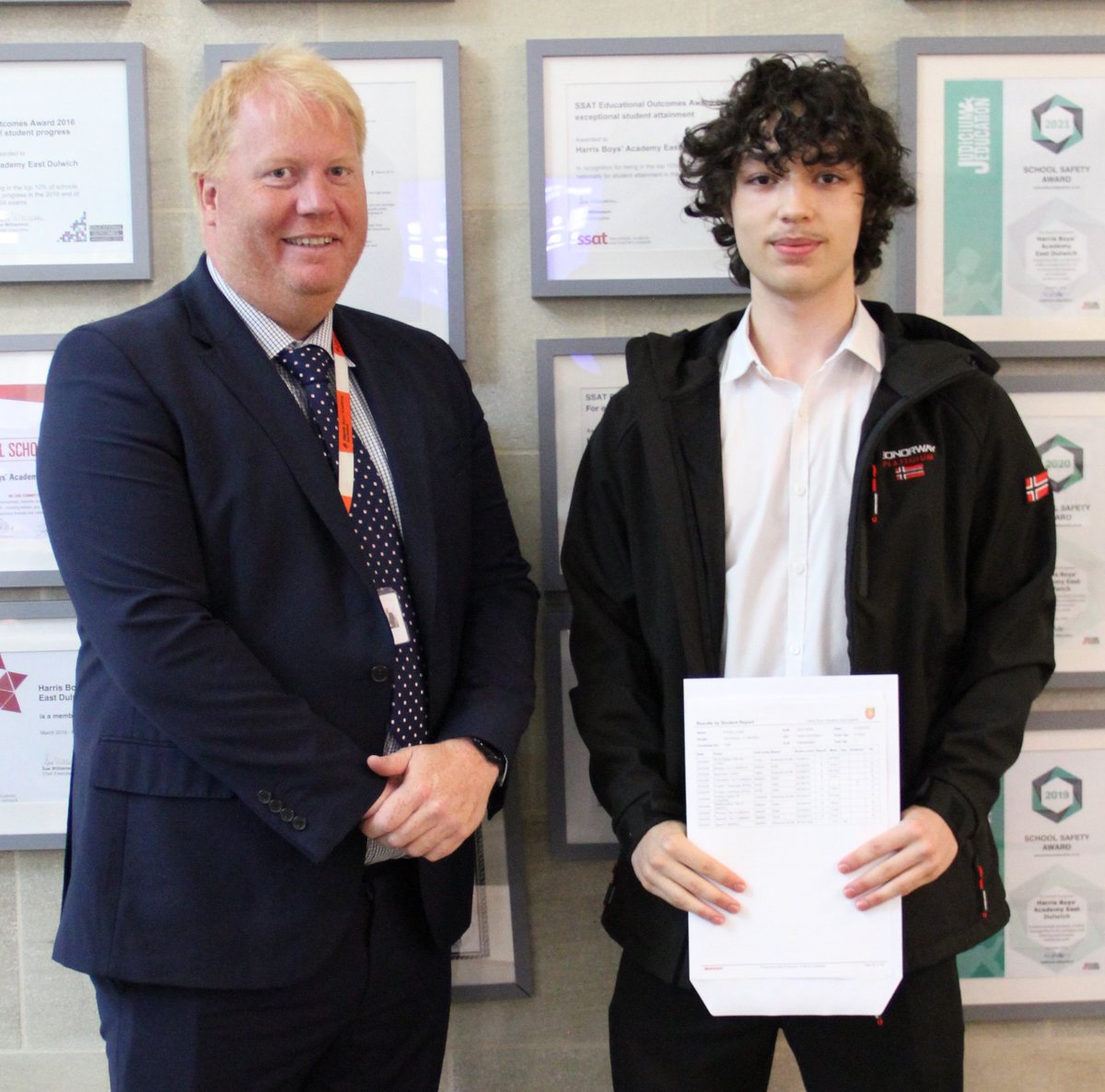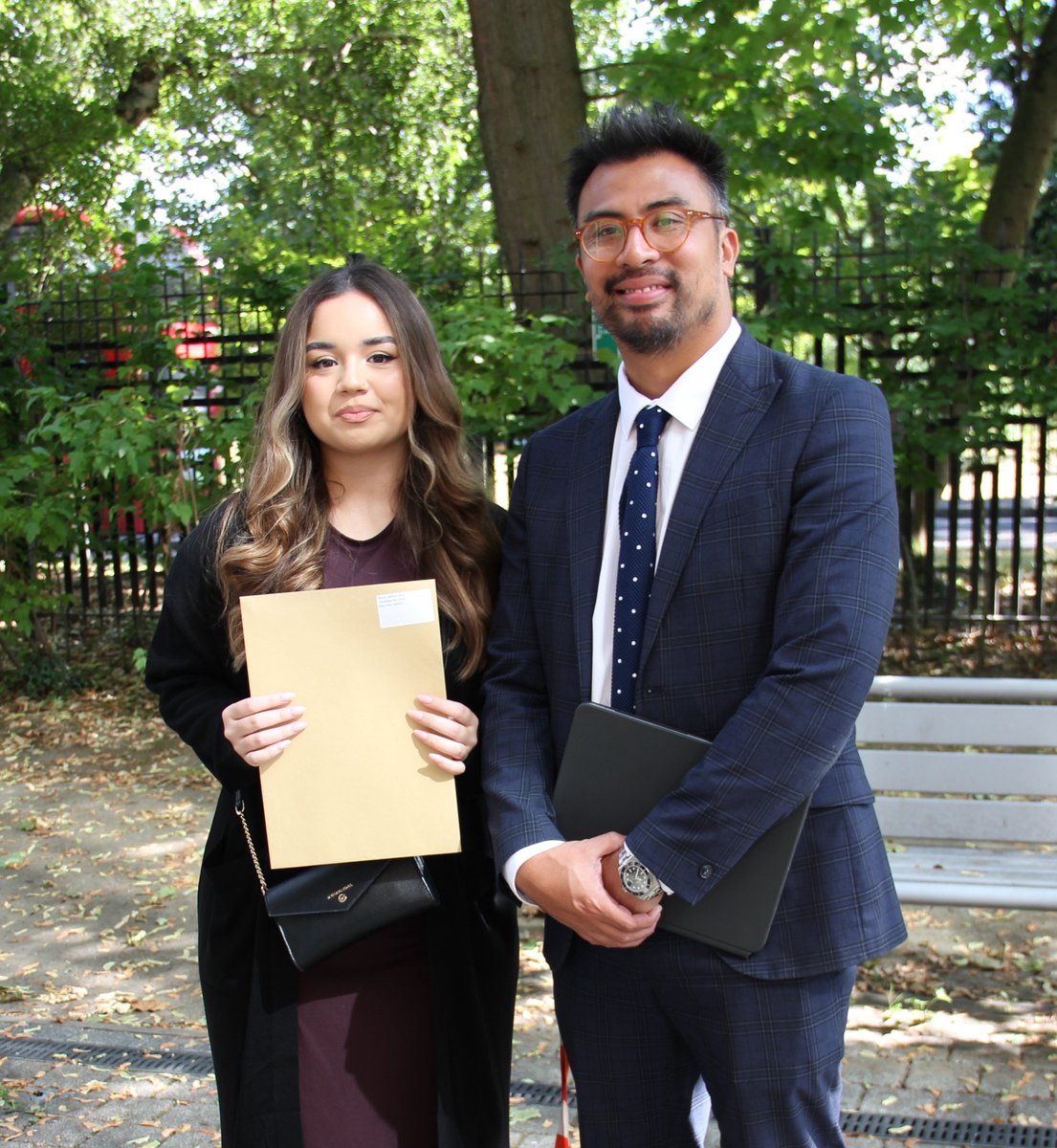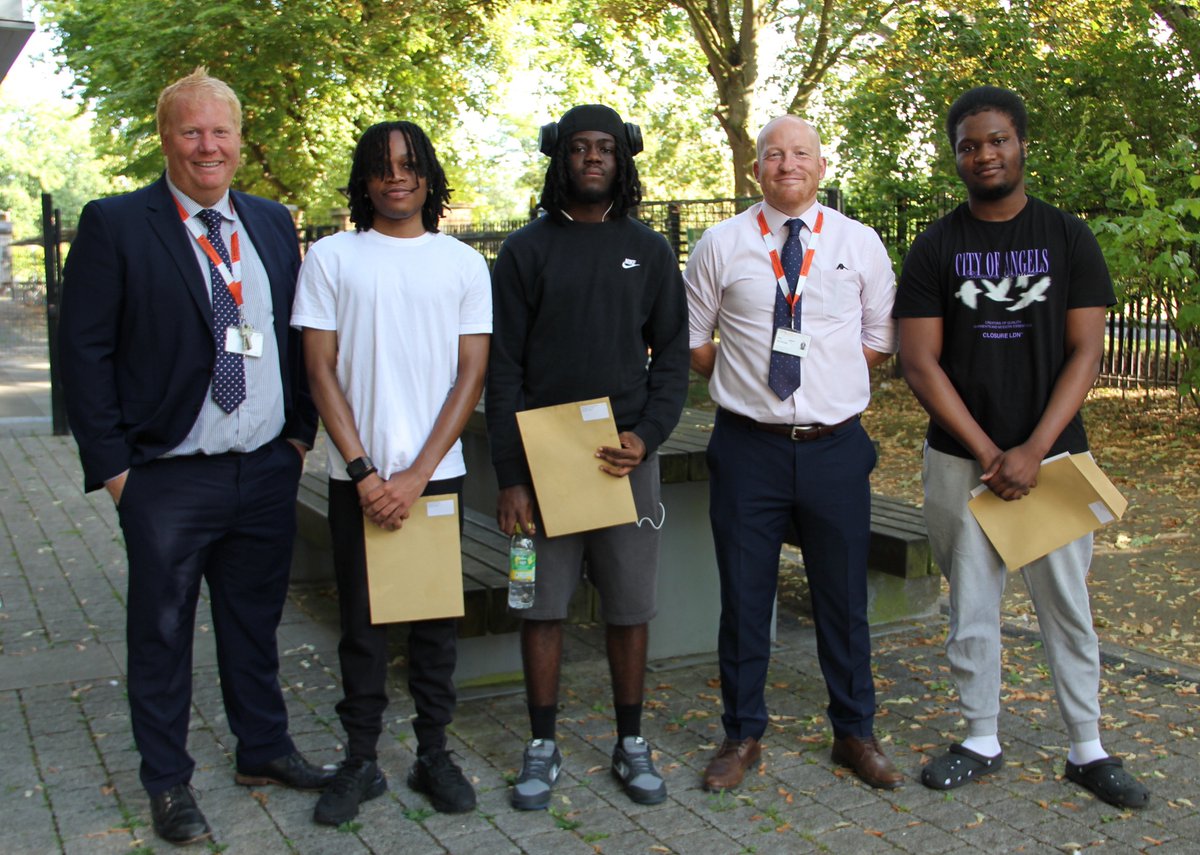Geography
Geography is the study of relationships between physical and human phenomena that give rise to spatial patterns on the surface of the earth.
Curriculum plans for all year groups can be downloaded from the bottom of the page.
Whilst other disciplines may study landscape, flora and fauna, the atmosphere, people and culture, the built environment and political territories, geography is the only discipline that concerns itself with the relationships between these resulting in spatial differentiation. As such, a sound understanding of geography is critically important for students today to help them make sense of the world they live in and broaden their horizons to the world of possibilities an understanding of geography opens.
Geography allows us to think in an alternative way; alternative to a subject based purely on factual recall, but rather encourages us to think geographically. It forces us to ask questions about some of the most controversial and pressing issues affecting the world today such as climate change, resource use, population growth, and examine them through an enquiry approach; and it will be the geography students of today who are best equipped to solve these issues.
Geography is uniquely placed to empower students from all backgrounds through developing a multifaceted view of the world and their place within it. When taught well, the power of diversity in geography serves to tackle stereotypes and improve representation of places and people globally and locally.

What is the intention of the curriculum?
Through our curriculum, we aim to ensure that students acquire powerful geographical knowledge to help them make sense of their lives and the world around them, but also to take them beyond their every day lived experiences and expose them to the wider world. We aim to inculcate a love of geography in our students and develop their self-esteem so that they can effectively participate in societies’ ‘big conversations’ about contemporary global issues.
Geographical enquiry is at the heart of a strong geography education. Enquiry deepens conceptual understanding through reasoning, data interpretation, argumentation and fieldwork. Enquiry incorporates a range of approaches to teaching and learning, including both those strongly led by teachers and those with greater independence for students. An enquiry approach helps students to engage with, and make sense of, geographical data, and encourages a questioning approach supported by evidence from the real world. This is embedded in our curriculum through ‘big questions’ for every topic; carefully scaffolded enquiry plenary lessons at the end of every topic once students have acquired the appropriate knowledge and understanding to undertake the enquiry and fieldwork, which is embedded into the curriculum in Key Stages 3, 4 and 5 to develop their disciplinary knowledge.
We believe that knowledge can be questioned and challenged. Some knowledge is fallible and open to debate because it is susceptible to the limitations of theories and ideas created by people. As such a ‘tick-list’ of key facts does not constitute academic excellence; facts on their own are not knowledge.
We are committed to promoting equality, diversity and inclusion and the geography curriculum serves as an important vehicle to represent the world accurately, fairly and truthfully and in a way that reflects a plurality of voices.
How will this be implemented?
We encourage students to think geographically through the process of enquiry, all Key Stage 3 lesson titles are based upon an enquiry question, accompanied with plenary enquiry lessons at the end of each module to allow them to deepen their conceptual understanding through reasoning, data interpretation and argumentation. This mirrors the exam board we have chosen (OCR B) at Key Stage 4 which is one of the few exam boards written through a similar enquiry process. Students carry out a human geography fieldwork investigation into their local area in Year 7 and a physical geography themed investigation in Year 8 as part of their Key Stage 3 curriculum. In Key Stage 4 students carry out two fieldwork enquiries, one to Whitstable, Kent and one in Dulwich, London.
Furthermore, the Key Stage 3 curriculum hinges upon key concepts of the discipline focussing on Climate, Sustainability, Human/Physical interactions, Geomorphological processes, and Development. These key topics are interleaved throughout the KS3 curriculum allowing us to visit and revisit these key concepts and assess them through enquiry within different experiences of Geography.
For more information about our Geography curriculum please contact Head of Geography Robin Sedgwick r.sedgwick@harrisdulwichboys.org.uk.
Helpful resources
Click HERE to download GCSE Geography - Year 11 Revision Topics Autumn Mock 2021 (Paper 1 – Option B)
Click HERE to download GCSE Geography - Year 11 Revision Topics Autumn Mock 2021 (Paper 2 – Option A)
Key Stage 3
Geog. 1 (ISBN 978 0 19 839302 3) and Geog 2 (ISBN 978-0198393030) 4th Edition
Key Stage 4
Students are advised to get a copy of the two revision guides shown below to support their revision in preparation for the final GCSE exams.

Websites
- Geographical Association - http://www.geography.org.uk/
- BBC Schools Geography - http://www.bbc.co.uk/schools/websites/11_16/site/geography.shtml
Careers
Geographers are trained to be good decision-makers who look at all aspects of a situation. Some jobs make direct use of geographical knowledge such as those in tourism, town planning and environmental management and teaching.
Geographers can
- make a concise report
- handle data
- ask questions and find answers
- make decisions about an issue
- analyse material
- organise themselves
- think creatively and independently
Geographers are:
- good communicators
- spatially aware
- socially, economically and environmentally aware
- problem solvers
- good team players
- computer literate
- well rounded, flexible thinkers
Possible careers for Geographers include:
- Town Planning
- Social Work
- Market researh
- Housing
- Estate agents
- Disaster management
- Civil engineering
Geography is also useful for law, journalism, medicine and working in the media for example because it combines the understanding of the facts of the sciences with the perception of the arts.
























